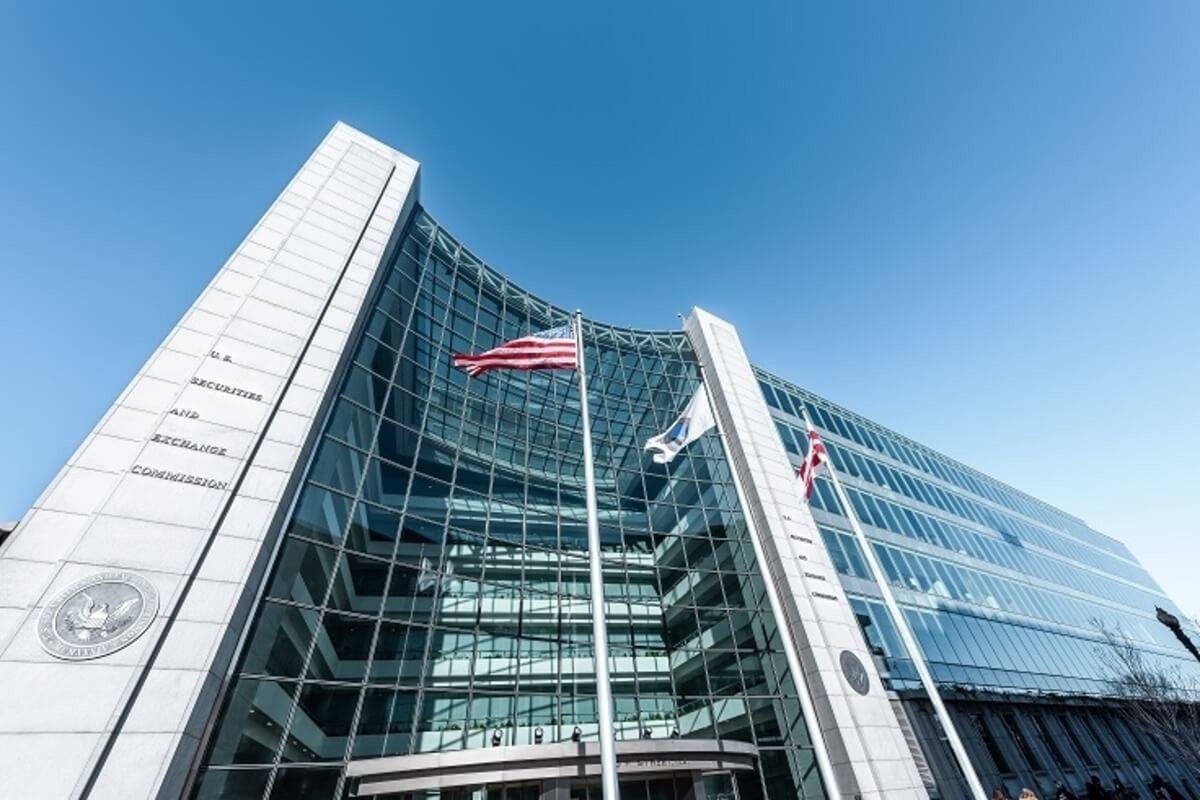[ad_1]

The United States Securities and Exchange Commission (SEC) has issued a warning regarding audits of cryptocurrency companies, saying that investors should be “very wary” about relying on a company’s proof-of-reserves.
In a recent interview with the Wall Street Journal, Paul Munter, the SEC’s acting chief accountant, has warned investors “to be very wary of some of the claims that are being made by crypto companies.”
Following the unprecedented collapse of FTX, once the third-largest crypto exchange, which eroded user trust in centralized platforms, some exchanges started commissioning “proof-of-reserves” audits in order to ensure clients that their funds are safe.
A Proof of Reserves (PoR) is an independent check conducted on centralized crypto exchanges by third parties. The goal is to make sure those platforms hold the assets they claim on behalf of their clients.
However, the PoR process is not enough alone. That is because this practice does not reveal the overall balance sheet and the liabilities of a platform, which makes it hard for users to thoroughly verify the financial health of a company.
Therefore, Munter said the SEC is looking closely at how crypto companies are portraying their reports from audit firms. The Wall Street watchdog is also reportedly sending a warning to audit firms.
Binance, the world’s largest crypto exchange, released its PoR audit on December 7. The report showed that Binance’s bitcoin reserves have a 101% collateralization ratio, suggesting that the exchange has more than all of the BTC it needs to cover customer deposits.
However, industry veterans were quick to raise red flags regarding the report, with some experts claiming it is far from enough to satisfy worried users. “I can’t imagine it answers all the questions an investor would have about the sufficiency of collateralization,” said Douglas Carmichael, an accounting professor at New York’s Baruch College.
Noting this, Munter said a report “is not enough information for an investor to assess whether the company has sufficient assets to cover its liabilities,” adding:
“Investors should not place too much confidence in the mere fact a company says it’s got a proof of reserves from an audit firm.”
Following the controversy around Binance’s PoR report, auditing firm Mazars, which had audited the platform’s Bitcoin reserves, suspended all work with its crypto clients, including Binance, KuCoin, and Crypto.com
Nevertheless, the WSJ report claimed that Binance has been looking for another audit firm after it was dropped by Mazars. Binance “reached out to multiple large firms, including the Big Four (Deloitte, EY, KPMG and PwC), who are currently unwilling to conduct a [proof-of-reserves] for a private crypto company,” it said.
[ad_2]
cryptonews.com




